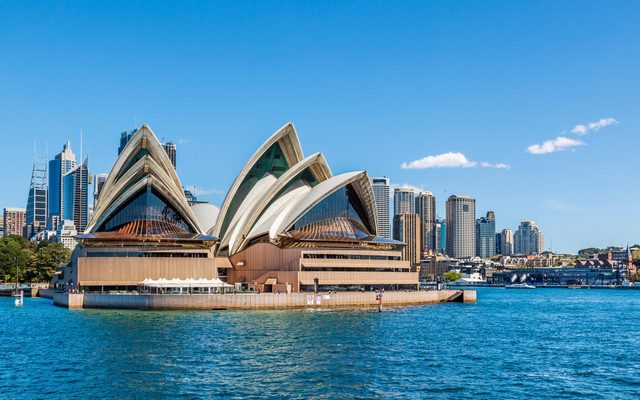This article is from the Australian Property Journal archive
COUNCILS could be stripped of planning powers and government donation and lobbying laws tightened after Victoria’s anti-corruption watchdog found that $1.2 million was paid to former Mayors and Liberal Party members in return for favourable planning decisions.
The Independent Broad-Based Anti-Corruption Commission (IBAC)’s 304-page Operation Sandon report, which followed 40 days of public hearings and 800 hours of recordings, found that property developer John Woodman, owner of Watsons, made the payments to former City of Casey Mayors and Liberal Party members Sam Aziz and Geoff Ablett to rezone land in Cranbourne West that would have upped the value by up to $35 million.
The report details Woodman made more than $617,500 in payments to Aziz, including of $270,000 in a suitcase, and of over $557,000 to former VFL footballer Ablett. Of that, $200,000 had claimed to have been related to a racehorse, and $250,000 for a deal between Ablett and Woodman.
Casey Council was sacked by current Labor Andrews government in 2020.
“IBAC uncovered a web of well-orchestrated strategies designed to manipulate Casey Council decision-making processes, buy influence and undermine the effectiveness of the Victorian planning system in exchange for certain benefits,” the report said.
“The investigation showed the extent to which a property developer and consultant such as Mr. Woodman can invest across the political spectrum to buy access to decision-makers at the local and state government levels.”
Woodman was also found to have met Premier Daniel Andrews at private Labor Party fundraisers. The report found Andrews requested a lobbyist to apologise to Woodman after a planning amendment he was seeking was refused.
IBAC made no adverse findings Andrews. Including Aziz and Ablett, adverse findings were made against Labor MP for Cranbourne Pauline Richards.
The report made 34 recommendations, including amendments to the Planning and Environment Act 1987 (Vic) to “remove statutory planning responsibilities from councillors” and “introduce determinative planning panels for statutory planning matters, where a local council is currently the responsible authority”, as well as introduce more transparency around planning decisions made and around previous donations from planning applicants, and potentially “prohibiting high-risk groups (including, but not limited to, property developers) from making political donations to political entities and state and local government candidates”.
“The IBAC report’s 34 recommendations will be given appropriate consideration, but it is the clear position of the government that the role of local councils in significant planning decisions should be reduced and we will have more to say on this matter,” Andrews said yesterday.
“What went on at the City of Casey was completely unacceptable and the government sacked the Council in 2020. However, it is clear from the report that more work must be done.”
“The government has already implemented the toughest political donation laws in Australia – our reforms have drastically reduced the size of donations, and make sure Victorians know who makes and receives them in real time.”
Responding to press conference question about why the government hadn’t already banned developer donations, Andrews said, “You don’t want to make laws that all they do is just finish up in court and finish up being challenged again and again. So doing this thoughtfully, during this properly, is very, very important.”
Opposition leader John Pesutto said the Coalition supported the recommendations to minimise corruption risks.
David Clark, president of the Municipal Association of Victoria, told The Age, “It is essential that the recommended taskforce meaningfully consult with the MAV, as the peak for the local government sector, particularly around recommendations to set up independent planning panels and take statutory planning powers away from councillors.
“With the report clearly stating that corruption risk cannot be resolved by transferring responsibility from elected councillors to a minister, it would be a travesty for the Andrews government to use the findings to centralise planning powers within the backrooms of Spring Street.”
Individuals involved in the probe could face criminal charges. Acting IBAC Commissioner Stephen Farrow said his office would provide evidence to the Office of Public Prosecutions.
“Where we have evidence that may constitute a criminal offence we will provide it to the office of public prosecution, and it’s a matter for them to make a decision about whether there is any public interest and prospects of conviction,” he said.




